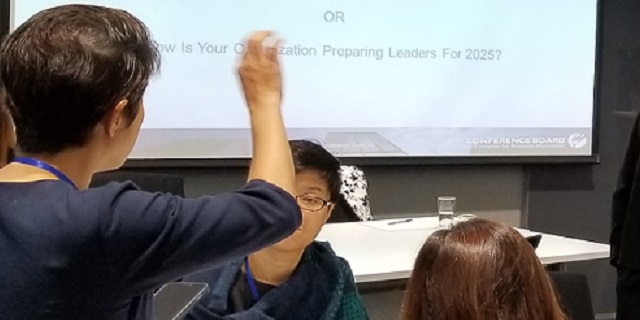Organizational leaders require an agile approach to navigate external disruptions, including mitigating existing labor shortages and expanding the available pool of talent to meet business priorities. A skills-based approach to human capital practices allows for a more dynamic, nimble, and effective way to connect the work to workers, provide targeted upskilling and reskilling opportunities, and mobilize talent to meet the most critical business needs.
Utilizing skills has been a way to define how work gets done and who is capable of performing the work for decades. Now the concept of skills takes on new purpose by becoming the common language and data element used to integrate human capital practices, provide transparency into the capabilities of the workforce, create greater organizational agility, and elevate the employee experience. Not all organizations may be adopting a skills-based approach, but among those who have, they are realizing key benefits while also tackling many challenges. HR and business leaders are determining if, how, and when they should transition to this new, skills-based human capital model.1
For this study we explored why this shift to a skills-based approach to human capital is occurring, when it adds the most value to the business, and what factors should be considered to successfully make this significant change.
Insights for What’s Ahead
- Business’ need for organizational adaptability and innovation will continue to drive a shift to a skills-based human capital strategy. Organizational leaders will increasingly transition to skills-based human capital practices as they recognize the need for organizational agility and the criticality of identifying and addressing business essential workforce capabilities.
- The complexity of this change to a skills-based organization requires a shift in how we think about work and workers. Becoming a skills-based organization involves a significant change in human capital operating models and a new mindset about employees’ capabilities. As the boundaries that define jobs becomes blurred, so too does the way we think about the capabilities and versatility of those people performing the work.
- To realize the greatest value, skills should be used in multiple human capital processes and practices. The value and promise for a skills-based approach to human capital are those actions and decisions designed to address the organizations’ pressing needs for closing current skill gaps, anticipating, and mitigating future skills needs, and hiring and developing people for both proficiency and potential.
- Expect continued growth of HR technology solutions with artificial intelligence and machine learning (AI/ML) functionality that leverage skills as the core, common data element. Identifying, tracking, and leveraging skills across human capital practices is a complex endeavor and one that requires the support of technology. The data generated by these tools provides the organization with critical information about both existing and evolving skills in order to prepare for future business needs.
- To make the transformation to a skills-based organization, consider organizational readiness and ability to overcome key barriers to change. Many organizations are in the very early stages of considering the value of transitioning to a more skills-based organization and embracing skills-driven talent strategies. Human capital leaders note many key challenges, but perhaps most significant are the cultural and behavioral changes necessary to realize value.
[1] Marion Devine, Navigating to a Skills-Based Approach to Talent Management, The Conference Board, 2021.
















